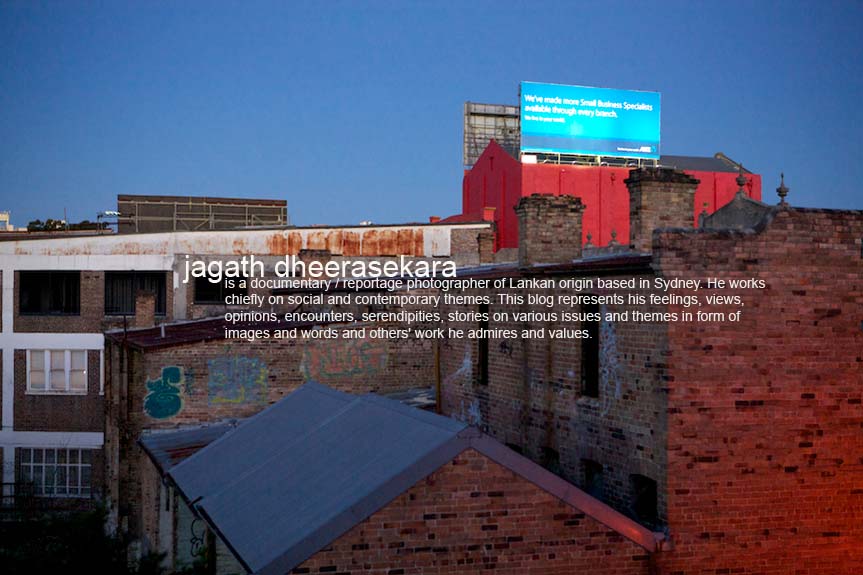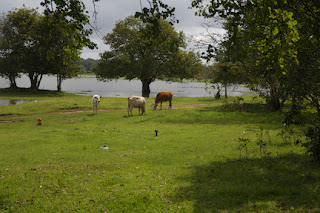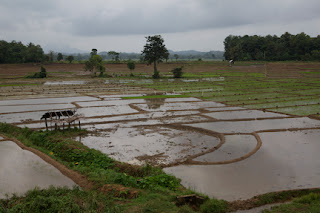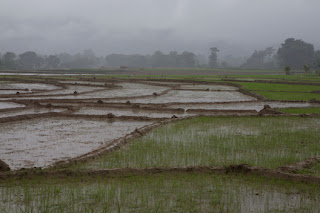


.jpg)
“ The overall emphasis of the state policy is on the social justice and equity, economic well-being and individual rights. The overall policy of the state, particularly with regards to health and social welfare, has remained fairly consistent and stable, despite the changes of government and political structures. As a result, the process of health services development has continued over the years, resulting in improved health status.
“ As a result of the pursuance of the social welfare-oriented state policy over the five decades, Sri Lanka has outstanding achievements in literacy and health status of its people. The overall economic policy of the government is being increasingly oriented towards free market mechanisms, aiming at improving efficiency as well as preserving achievements in equity, economic well being and individual rights. The process of disinvesting public enterprises has been on for quite sometime. The government policy in health is to promote harmonious growth of both public and private sectors in order to widen people’s choice in seeking care and ease out increasing burdens on government health institutions.
World Heath Organization (WHO)
http://www.searo.who.int/EN/Section313/Section1524_10875.htm
………………………………………………
GMOA (Government Medical Officers Association) and other experts point out repeatedly the systematic deterioration of the state health system. Today the poorest of the poor seek the assistance of the state medical care. In most cases, even for them, medical officers at the state institutions have to prescribe drugs, which have to be purchased externally. Those who can afford private health services in a slightest possible way would opt for it. Until today, state has failed to make a system in which free and paid medical services co-exist. Such a carefully designed resource allocation and generation model would have been able to utilize resources of the state medical system more efficiently and profitably to generate funds to provide the needy a free and quality service. On the other hand it would have been able to provide medical sector experts an opportunity to earn extra income within the state sector, which would have invariably generated more loyalty and passion to serve towards the state sector. Successive governments’ laissez-faire attitude towards the emerging monopoly of private hospital giants has hindered innovative and modern practices and initiatives within the state medical sector. Though the state has established regulatory body for telecommunication (Telecommunication Regulatory Commission of Sri Lanka) and the Central Bank of Sri Lanka has been entrusted to regulate the banking sector, it is surprising that the sate has made no attempts to establish a regulatory body to safeguard the interests of the patient (the customer) and the health sector in an era where the health sector services are been privatized at a phenomenal rate. (Nor have they formed such bodies for education and transport – the two sectors that are being privatized at its fullest force.). Ideally Sri Lanka Medical Council (SLMC) should have been entrusted to regulate the health industry to safeguard the interests of the patient (the customer), the industry and all other stakeholders.








.jpg)
































.jpg)




